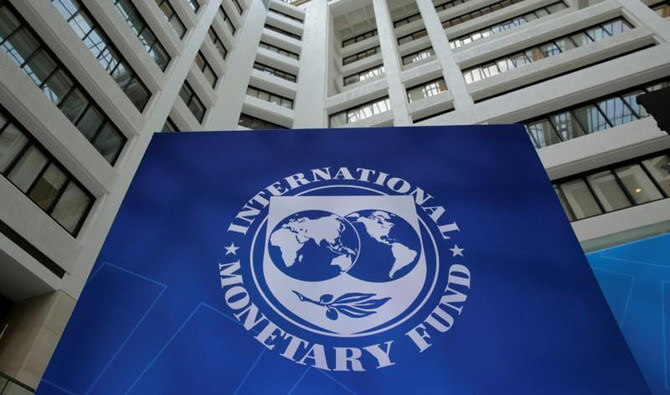The International Monetary Fund (IMF) has updated the Federal Revenue Board’s (FBR) tax collection forecast for the current fiscal year from Rs 4.8 trillion pre-COVID-19 to Rs 3.908 trillion post-COVID-19, representing a decrease of Rs 0.892 trillion.
That was revealed in an IMF staff study under the Rapid Financing Instrument (RFI). The FBR’s tax collection is expected to decrease as a percentage of GDP from 10.9% to 9.3% in 2019-20 with direct tax collection forecast revised downwards from Rs. 1.9 trillion to Rs. 1.6 trillion in 2019-20, sales tax from Rs. 1.852 trillion to Rs. 1.427 trillion in 2019-20, customs duty from Rs. 697 billion to Rs. 546 billion, federal excise duty from Rs. 329 b
The IMF staff report shows that the proposed fiscal stimulus package, worth 1.2 percent of GDP, includes:
- Supporting poor families by extending existing services and higher disbursements.
- Supporting daily wage earners by setting up an Rs. 200 billion funds for the workers most affected by it.
- Strengthening the network of corporate convenience stores and resources to improve food security.
- Temporary price cuts to ensure important goods remain affordable.
- Provision of quality healthcare by reducing taxes on critical equipment and hospital machinery.
- Help to the export sector by removing the GST tax refund backlog, which will provide immediate relief in cash flow.
- Reduced oil prices.
- Relief on energy and gas bills by providing installment payment plans.
- Boost support for the procurement of additional equipment and operations for the National Disaster Management Authority of Pakistan, the main focal agency to fight COVID-19.
- Creating an Event Fund. Moreover, the authorities have launched a program for the construction sector to address the acute job needs created by the lockout, which includes a special tax scheme and no wealth declaration for projects launched within a short window until the end of 2020.

